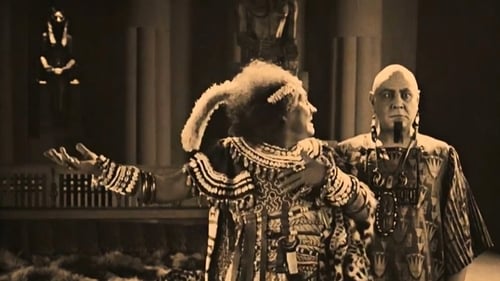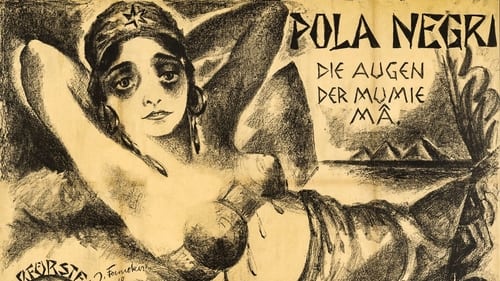
Director of Photography

Director of Photography

Director of Photography

Director of Photography
Rupp (Jannings) is a former butcher, made rich in the meat packing industry as a result of the reversal of fortunes brought on by WWI. He is crude, uncouth and uneducated. His son, Fred, is the apple of his father's eye and is an auto enthusiast. The widowed Rupp falls in love with a former aristocrat, Helen, now down on her luck and pawning her last heirloom. He proposes marriage and she accepts in order to save her ailing mother who needs a monetary influx to avoid death. Her former boyfriend, Platen, warns Helen against Rupp's intentions - he and Rupp are enemies, Rupp having caused his being fired for protecting a chorus girl against Rupp's unwanted advances. Meanwhile, Graf, a shyster, arranges purchase of a near bankrupt auto manufacturing firm, Phoenix, to Rupp's great advantage with practically no monetary recognition to Graf, who swears revenge. Rupp comes upon his son begging Helen not to marry his father but to return to Platen.

Director of Photography

Director of Photography
En el siglo XIX, una mujer hedonista se casa con un aristócrata, pero le cuesta mantenerse fiel a él.
"Die Flamme" fue la última película de Lubitsch en Alemania, antes de su partida a Estados Unidos. Desafortunadamente, sólo queda una bobina de este melodrama con Pola Negri. La reconstrucción realizada para el Museo de Cine de Munich se compone, por tanto, de numerosas fotografías del rodaje y dibujos del guion que complementan los 22 minutos restantes de película. Pola interpreta con garra a su personaje de mujer perdida. Se advierte el toque de Lubitsch en detalles muy concretos, como el pequeño gesto de la mano de Yvette hacia su compañera de cuarto para mantener alejado al peligroso Gaston. Es difícil tener una opinión verdadera sobre esta película porque sólo queda un fragmento muy pequeño. Es obligado remarcar, no obstante, el cuidado con la decoración y el vestuario para reconstituir el París del Segundo Imperio. Alfred Abel es un excelente villano.

Director of Photography
La devoción por una bella esclava provoca una guerra entre el faraón Amenes y el rey de Etiopía. Pero ella ama a Ramphis. Fue la película más espectacular que se había producido hasta entonces en Europa y utilizaba una impresionante reconstrucción de las pirámides, los templos, los desiertos e incluso el Nilo en los estudios alemanes Ufa.

Director of Photography
Un hombre que quiere pasar un fin de semana lejos de su mujer finge estar enfermo. El médico le receta unos días en el campo y él se disfraza de tirolés para iniciar una serie de desastrosas conquistas amorosas.

Director of Photography
The tragic story of Don Jose, a Spanish cavalryman, who falls under the spell of a gypsy girl, Carmen, who treats him with both love and contempt and leads him into temptation and thus damnation.

Director of Photography
Egyptians Radu and Ma milk British tourists out of their money by offering phony tours of a mummy's tomb-- Radu has the girl lend her eyes to the "mummy" from inside an empty sarcophagus. When adventurer Wendland comes to visit the tomb, Ma is rescued and falls in love with him, leaving Radu in the dust. Needless to say, her former employer / captor follows them abroad in order to exact his revenge.

Director of Photography
Directed by Ernst Lubitsch.

Director of Photography

Director of Photography
An adaptation of the famous fairy tale.





